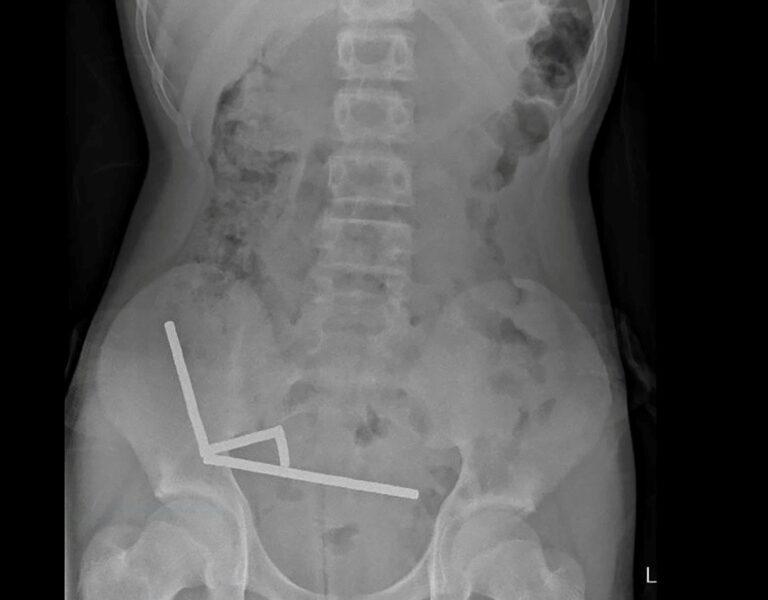Surgeons at Tauranga Hospital in New Zealand recently performed a complex operation on a 13-year-old boy who swallowed between 80 to 100 high-power magnets. The magnets, which the boy purchased through the online shopping platform Temu, caused significant health complications, including tissue death in his intestines.
The incident came to light after the boy experienced four days of severe abdominal pain. According to a report in the New Zealand Medical Journal, the child disclosed that he ingested the magnets approximately one week prior to his hospital visit. These neodymium magnets, measuring 5x2mm, have been banned in New Zealand since January 2013.
Doctors found that the magnets had clumped together in four straight lines within the boy’s intestines, leading to necrosis—tissue death—affecting four areas of his small bowel and caecum, which is part of the large intestine. The surgical team had to remove the dead tissue along with the magnets during the operation, though the specific date of the procedure was not disclosed. After an eight-day recovery period in the hospital, the child was able to return home.
Concerns Over Online Safety
The authors of the report, including doctors Binura Lekamalage, Lucinda Duncan-Were, and Nicola Davis, highlighted the risks associated with magnet ingestion, particularly among children. They noted that such incidents can lead to serious complications later in life, including bowel obstruction, abdominal hernias, and chronic pain.
In response to the incident, Temu expressed regret upon learning of the boy’s surgery. The company stated that it has initiated an internal review to ensure compliance with safety regulations in New Zealand. A spokesperson for Temu remarked, “We have reached out to the authors of the New Zealand Medical Journal article to obtain more details about the case.” At this stage, Temu has not confirmed whether the magnets involved were indeed purchased through its platform or identified the specific product listing.
Despite the company’s reassurances, Temu has faced criticism in various markets, including the European Union, for allegedly not doing enough to eliminate unsafe products from its site. The incident raises important questions about the responsibilities of online marketplaces in ensuring product safety, particularly for vulnerable populations such as children.
This case serves as a stark reminder of the potential dangers associated with online shopping and the importance of regulatory compliance to protect consumers from hazardous products.







